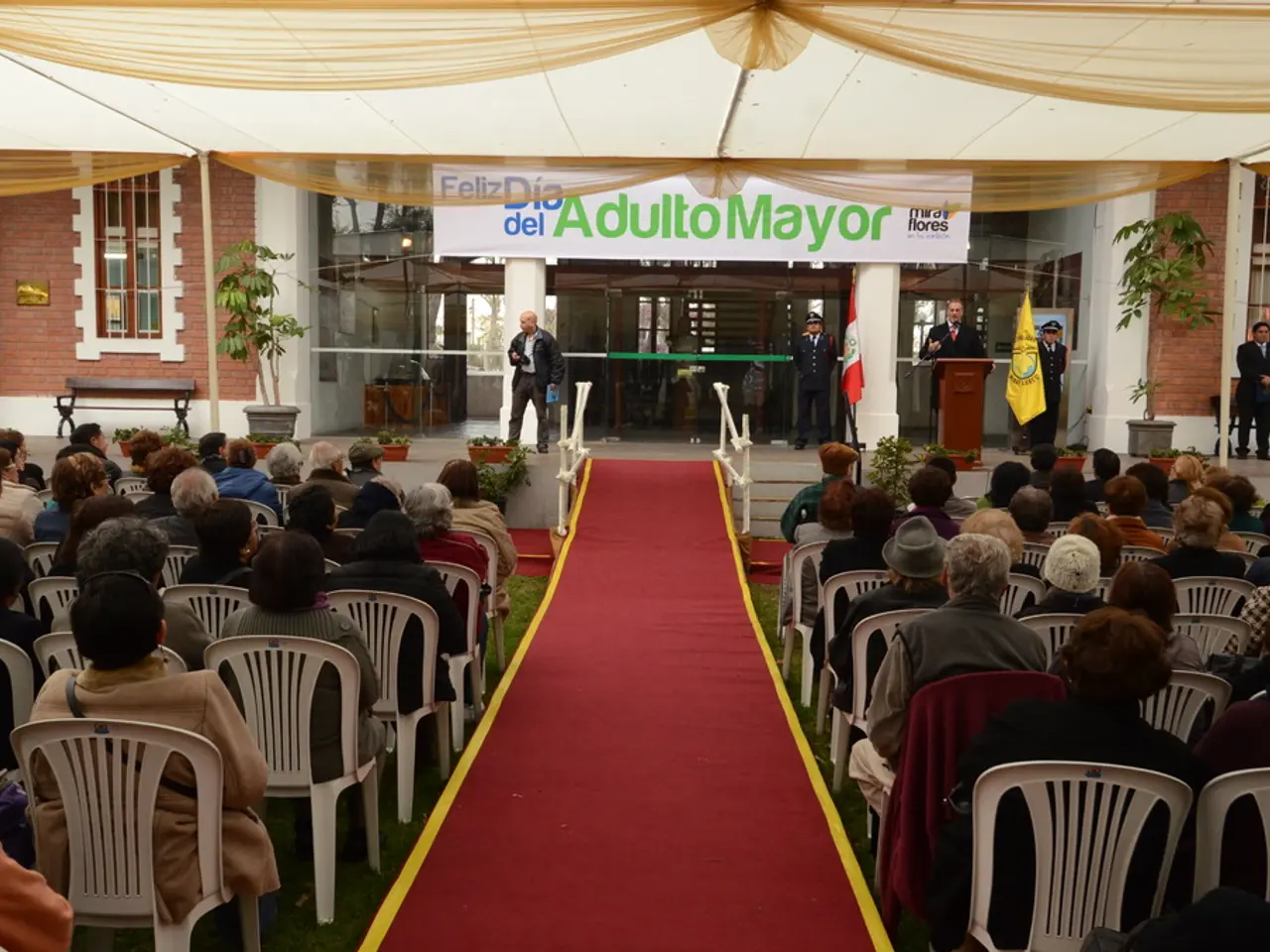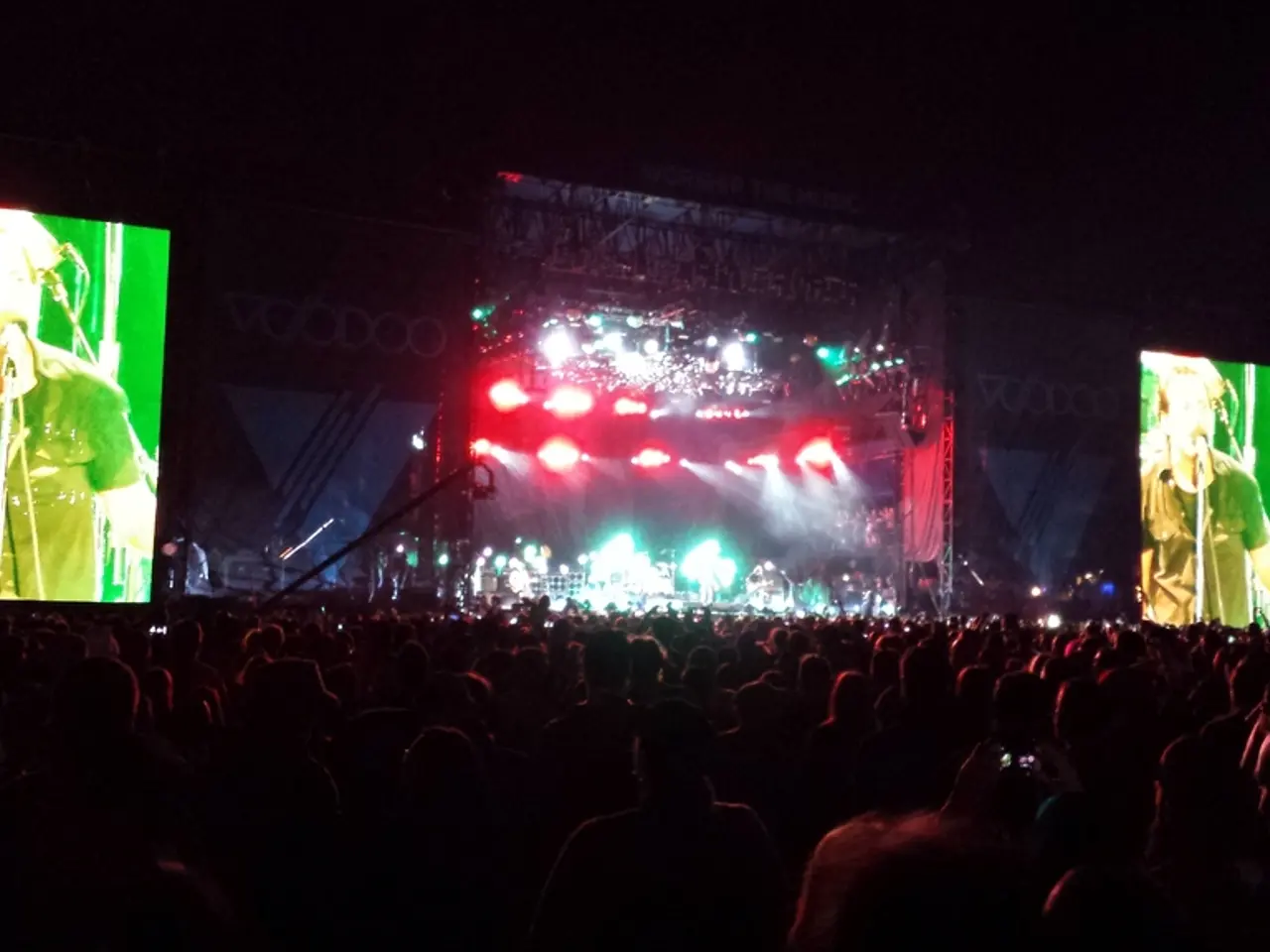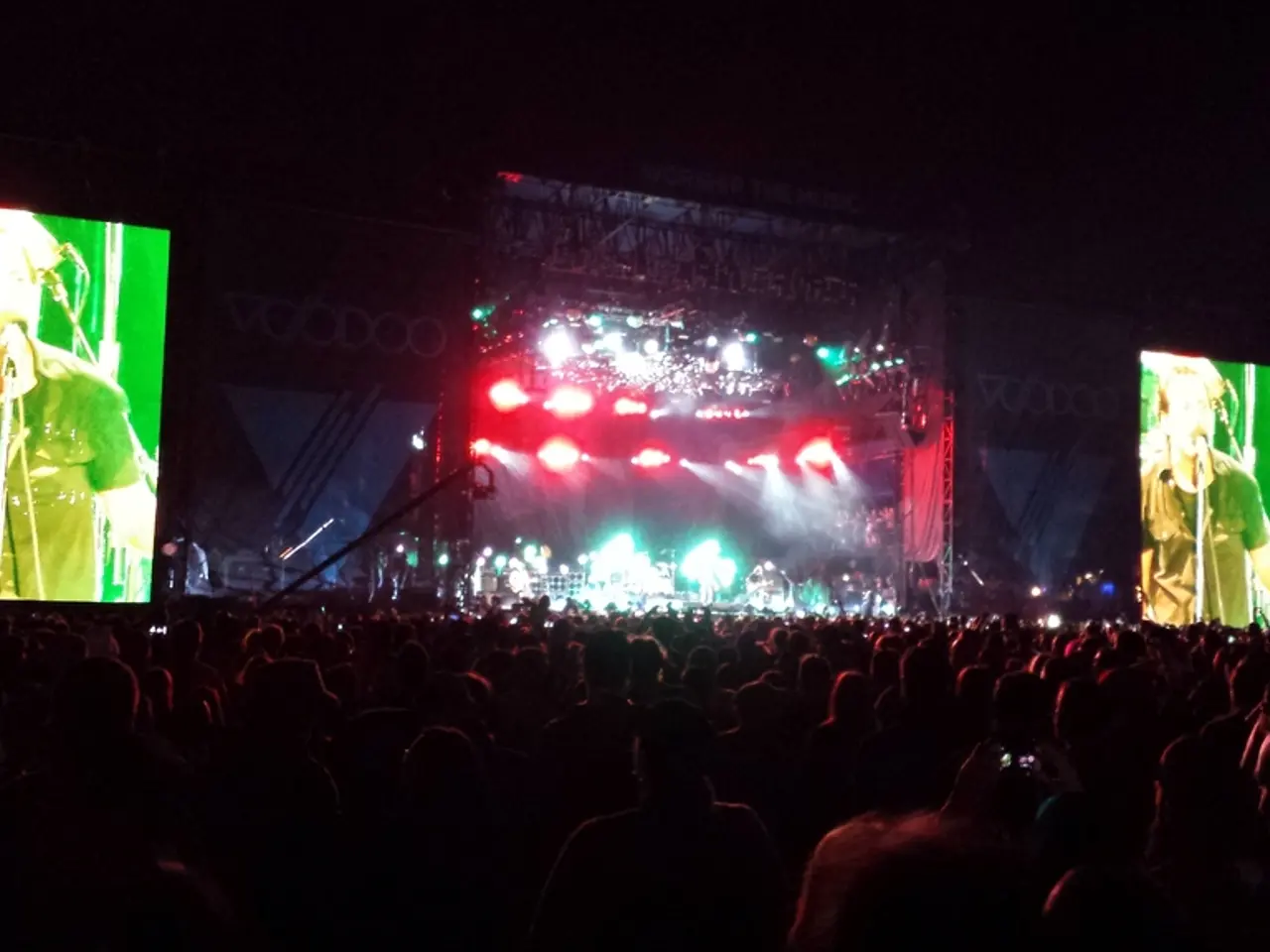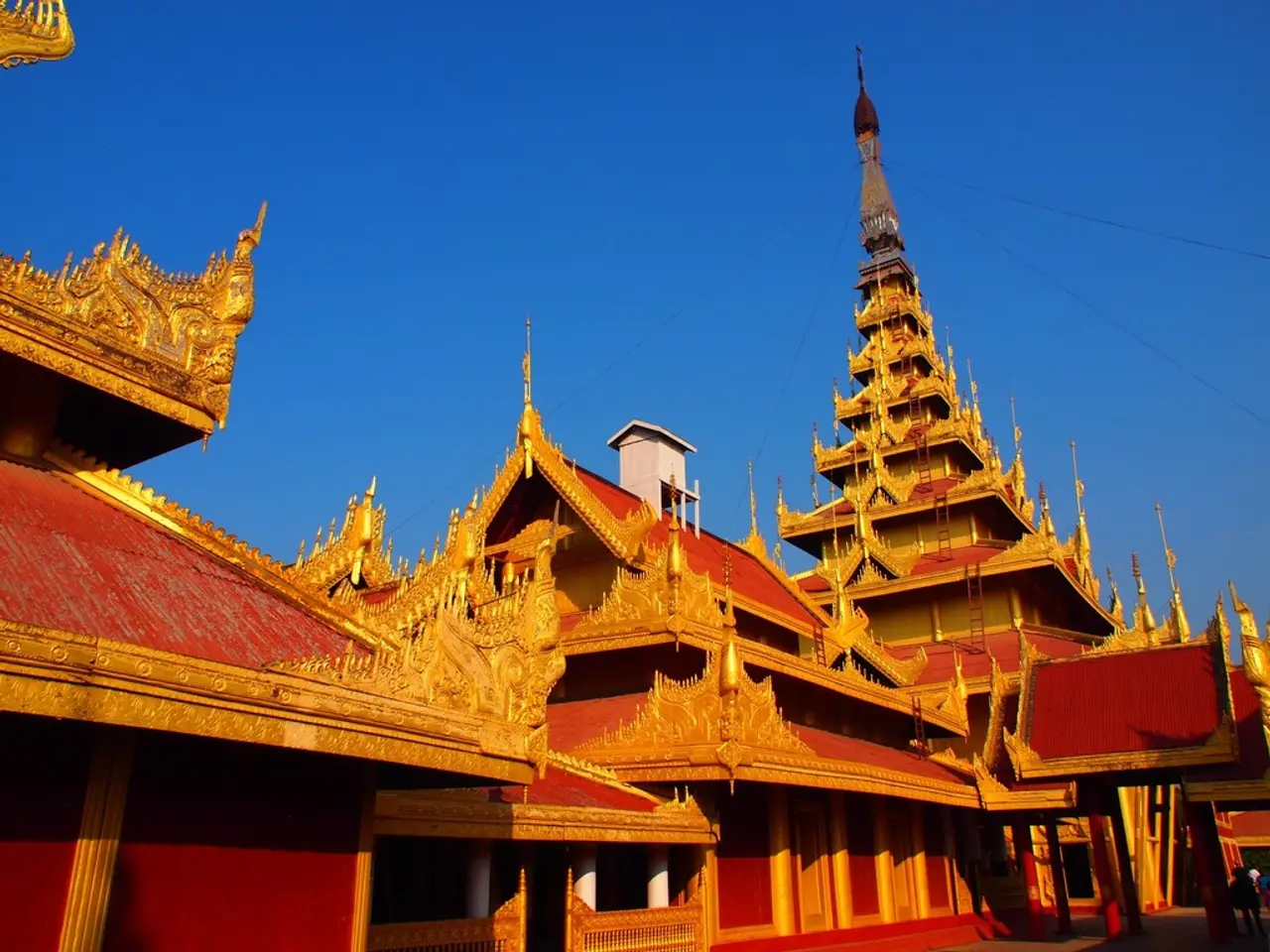Self-Declared Monarch of the United States: Emperor Norton I
Emperor Norton I: The Unofficial Ruler of San Francisco
In the heart of 19th-century San Francisco, an unexpected figure emerged as a symbol of the city's spirit - Joshua Abraham Norton, self-proclaimed Emperor Norton I. Born in London in 1818 to Jewish parents, Norton's life took an unexpected turn when he arrived in San Francisco during the California Gold Rush in 1849.
After a successful career in business, engaging in real estate and commodities trading, Norton faced financial ruin. In response, he submitted a letter of proclamation to a San Francisco newspaper, the Bulletin, declaring himself emperor on September 17, 1859. Though originally intended as satire, his declaration struck a chord with the local community.
Despite wielding no real political power, Norton's impact on the city was surprisingly significant. Citizens and local businesses humored his claim: restaurants gave him free meals, shops accepted his self-issued currency, and the press printed his proclamations. He was regarded as a beloved eccentric figure.
Norton's proclamations sometimes carried progressive social messages. He advocated for racial equality, condemned anti-Chinese sentiment during a period when such views were unpopular and dangerous, and proposed visionary infrastructure projects, including what would become the San Francisco-Oakland Bay Bridge decades later.
Emperor Norton was less a political leader and more a symbolic and cultural icon in San Francisco. His legacy is that of a unique character who unified and entertained the city’s people while making subtle social critiques through his imperial decrees.
Norton's life serves as a testament to the idea that dignity doesn't require recognition, and kindness doesn't require status. Despite his financial collapse, Norton maintained his pride and continued to influence the city.
On January 8, 1880, Norton collapsed at a street corner and died before medical help could arrive. Over 10,000 people attended his funeral, one of the largest the city had ever seen. His remains were transferred to Woodlawn Cemetery in Colma in 1934.
Today, Norton is remembered as a folk hero, referenced in literature by writers like Mark Twain and Robert Louis Stevenson. His story continues to inspire, reminding us of the power of individual spirit and the enduring impact of kindness.
In the realm of 19th-century San Francisco news, the symbolic figure of Emperor Norton I, a self-proclaimed ruler, made headlines with his unexpected rise and significant influence on the city. Amidst the backdrop of business deals and Hollywood scandals that filled the entertainment and pop-culture section, Norton's extraordinary life offered a unique twist to the city's history.








